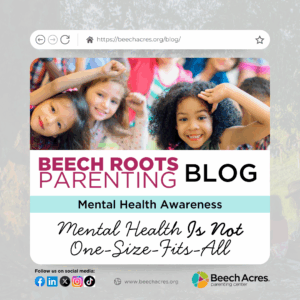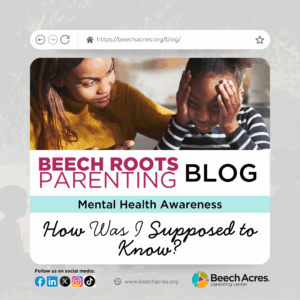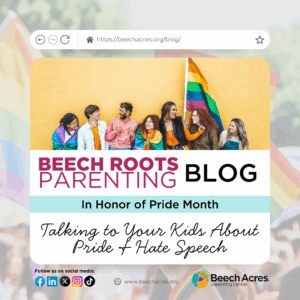My Child Found Pornography Online! What Can I do?
Pornography is easier to find than you think. That’s a scary thought for parents. Exposure to pornography can be through their friends, unsupervised internet use at home or at friends’ homes, late night or cable TV, or older even their older siblings. Lines of pornography have blurred with the amount and nature of sexual imagery seen in today’s media. Your children may even feel pressured to produce sexualized images for friends, partners, or by social media.
What do you need to know?
Impact on children and teens
- Seeing pornography can be confusing and frightening for children.
- Children or adolescents may experience autonomic sexual arousal at the sight of pornography, which can confuse them into thinking they “like” what they see, when in fact their bodies are reacting instinctively without the “approval” of their brain.
- Children and adolescents can become “de-sensitized” to pornography exposure and this can result in acting out sexualized behaviors with other children and engaging in high-risk sexual experiences by adolescents.
- With heavy viewing, it can endanger kids’ ability to have a healthy relationship with their body and with sexual partners.
What can parents do?
- Set limits. Parents can set limits for their children as they are learning to make responsible choices for themselves, including limiting exposure to harmful content, and have proactive discussions that help children make decisions about what they post through social media or webcams.
- Support kids in distinguishing between real and fantasy. Much of porn is completely divorced from reality – the actors’ appearance, attitudes, language, and behavior is nothing like real-world relationships. Parents can help their children develop a critical eye when viewing media, so they see the lies and differentiate that fiction from the joy in loving equitable and respectful relationships.
- Provide alternatives. Parents can provide information and support for children to grow up able to have loving and healthy relationships. Help them see that pornography doesn’t value people as individuals. And instead, parents can support their tweens and teens in making decisions about what they want from romantic relationships.
How to talk to your kids
- Be intentional. Have a series of discussions on the topic. Like sexuality education in general, the topic of pornography is not one big talk but rather a series of discussions that easily can arise from the content of songs, music videos, video games, movies and unintended or intended exposure to sexually explicit images.
- Stay accepting and non-judgmental.Interest in sex and sexual imagery is completely normal, so approach the issue in a non-judgmental way. Offer to answer any question. Remaining accepting helps ensure kids are not ashamed of their curiosity and facilitates the development of healthy sexual identity.
- Tap into teachable moments. Parents and other caring adults need to be able to talk about the impact of hyper-sexualized media in general, and pornography specifically, with children/teens. They can help children develop their media literacy to analyze what they are seeing rather than simply consuming it without question.
- Discuss family strengths and values. Parents can share their family’s strengths and values, and help children clarify their own values to help guide behavior. For example, a parent might say, “Love is an important value in our family, and in relationships with others. Porn exploits people – it is the opposite of love.”







